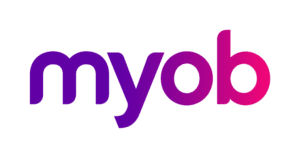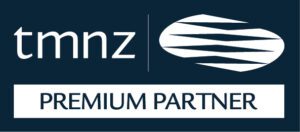Just the very name can be confusing, particularly if you are starting out in business and no longer have tax deducted from your earnings.
Provisional tax is not a separate tax, it is simply income tax that you pay in instalments ahead of time, minimizing the need for a large income tax bill at the end of the year. You are required to pay provisional tax if, at the end of the previous year, you have residual income tax (known as RIT; the tax payable on your total income less any tax paid at source) to pay of $5,000 or greater. In the case of individuals this will include PAYE and any other entitled tax credits.
Your RIT may exceed the $5,000 threshold if you earn untaxed income or not enough tax has been deducted at source. Once you have filed a tax return and your RIT exceeds $5,000, you will enter the provisional tax regime and will generally be required to pay three instalments of provisional tax in the following year based on the previous year’s RIT uplifted by 5% or 10%. For March balance dates, instalments are due in August the current year and January and May the following year.
Based on the previous year’s RIT, the Inland Revenue Department (IRD) assesses provisional tax payable, and you can determine whether such a payment is warranted. If such an assessment is considered excessive then a payment can be recalculated or withheld. If payment is withheld and it turns out you should have paid tax on a specific date then purchase of tax from a tax intermediary may be an option. Using a tax intermediary eliminates any late payment penalties and enables a staggered payment timeline.
Reassessing provisional tax payments can be an issue. If IRD have assessed provisional tax payments and you decide that because of projected reduction in income to pay a lesser amount, then once the tax return has been filed and it has been determined that there has been a provisional tax payment shortfall, IRD will charge interest from the first instalment date. Again, a tax intermediary may be a solution.
The IRD will enter an instalment arrangement, but interest and late payment penalties will be levied. Once a payment plan is in place, IRD will not pursue the overdue provisional tax assessed.
The requirement to pay provisional tax is determined by the RIT in the previous year but assessments should be reviewed closely. If taxable income fluctuates then you should discuss options with your Leech and Partner’s manager.









